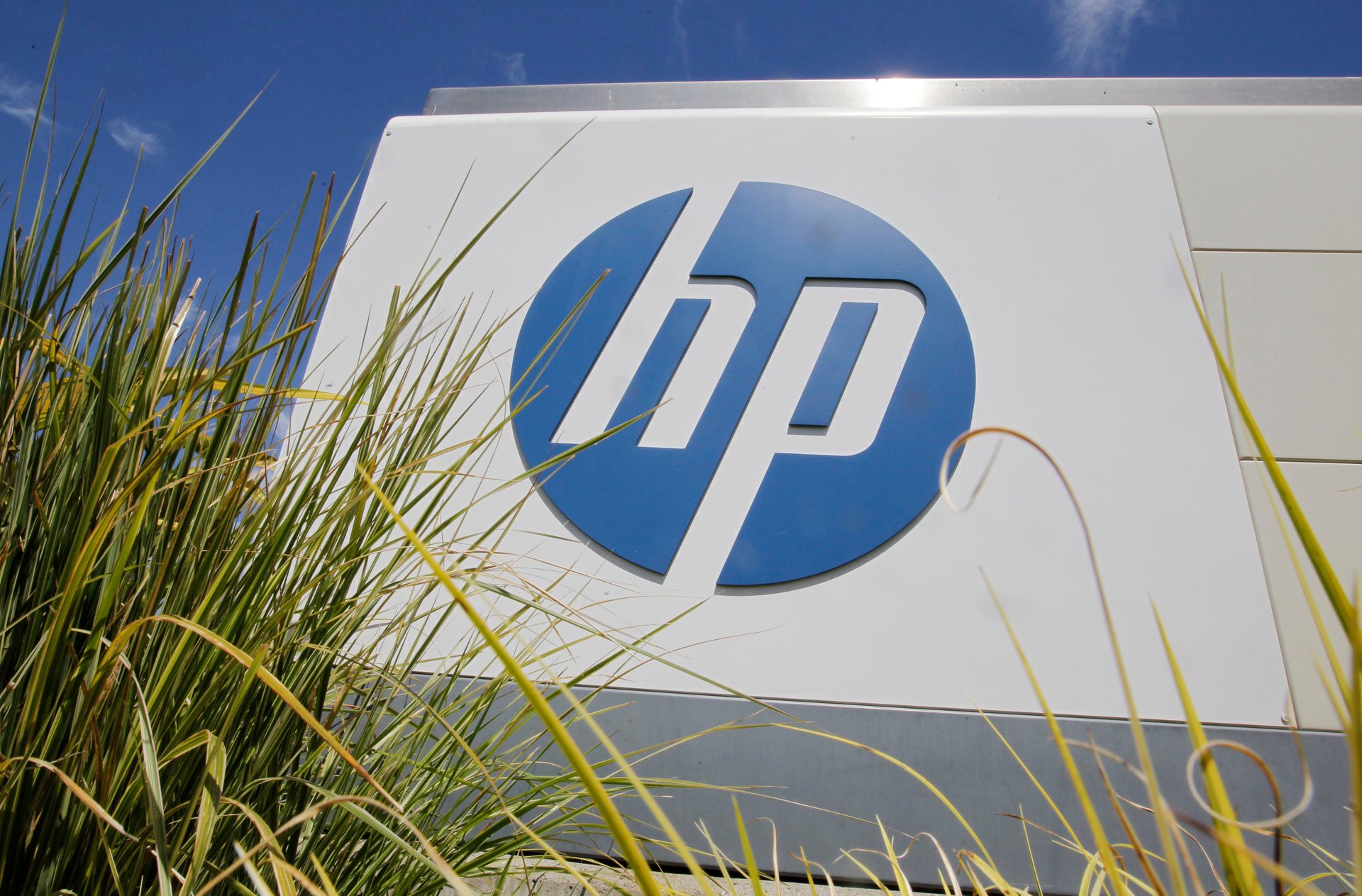HP, Autonomy, the US elections, the UBS rogue trader, and the limits of data
Whether you’re on team Meg or team Mike, Hewlett-Packard’s purchase of Autonomy—a company that sells its ability to help business leaders use data to make better decisions—now looks like a decidedly bad decision.

Whether you’re on team Meg or team Mike, Hewlett-Packard’s purchase of Autonomy—a company that sells its ability to help business leaders use data to make better decisions—now looks like a decidedly bad decision.
And that, dear readers, is what we like to call irony.
There are conflicting views as to who is to blame for HP’s being forced to issue an $8.8 billion write-down on its purchase of the UK software firm. HP’s management has publicly accused Autonomy of serious accounting improprieties. Auditors say they didn’t know of anything wrong with the books. The exciting crowd that thinks deeply about accounting is a bit skeptical about HP’s claims. Autonomy’s former boss says the unit’s disappointing earnings are a result of HP driving it into a ditch after buying it. The slew of advisers and investment banks that collectively earned a little under $70 million to look at the deal from every possible angle are now looking at their shoes. Very quietly.
What with this being HP’s third write-down in two quarters, to the total tune of $18 billion, it’s tempting for observers to just write off the whole bad business to the exuberant buying habits of the company’s recent CEOs. But even without pointing fingers, the saga should serve as a warning to all managers, including those that rely on the very products that Autonomy sells.
Autonomy software is supposed to organize all sorts of non-numeric, messy media—phone calls, videos, emails—into tidy useful packages. Essentially, Autonomy wants to make this information behave like numeric data, that can be easily organized and manipulated. The product? Instant insight.
But as the HP/Autonomy soap opera shows, insight is never really instant. And no matter how much information you have, three kinds of things can wrong with it.
The first is that the data themselves are flawed because someone didn’t cough up honest numbers. You might call this the “Adoboli problem.” UBS lost $2.3 billion because it trusted Kweku Adoboli, the rogue trader who was just jailed for seven years, not to lie about his trades (though he also says that there was a culture of tolerance for pushing the boundaries). Essentially, this is what HP is claiming: that Autonomy, for instance, dressed up certain kinds of revenue as other kinds, making it seem like more of a cash cow than it was. Business everywhere is built on a delicate pyramid of trust: purchasers trust auditors to do an honest audit; auditors trust firms to give them honest numbers; senior managers trust more junior staff not to hide things from them. If a link in the chain breaks, the whole thing can collapse.
The second thing that can go wrong is that the data are fine, but people misinterpret them. This you might call the “Mitt Romney problem.” Republican strategists didn’t see Barack Obama’s re-election coming because—among other reasons—they saw high unemployment and a struggling economy and concluded that the incumbent couldn’t win. This wasn’t necessarily incompetence, but the result of an electoral landscape that was changing too fast to keep up with. Numbers that had meant one thing in past elections no longer meant the same thing in this one. So it goes with Autonomy. To interpret revenue figures, you have to know how they translate into the bottom line; but the software industry is changing so fast that, like the American electorate, it can be hard to make sense of. Bloomberg reports that accounting firm Deloitte issued a 208-page guide last year “devoted to navigating the various accounting standards governing the recognition of software revenue.”
The third thing that can go wrong is the simplest. The data are fine, the interpretation is fine, but people are bone-headed and ignore them anyway. This problem doesn’t have a name. It’s just called human nature.